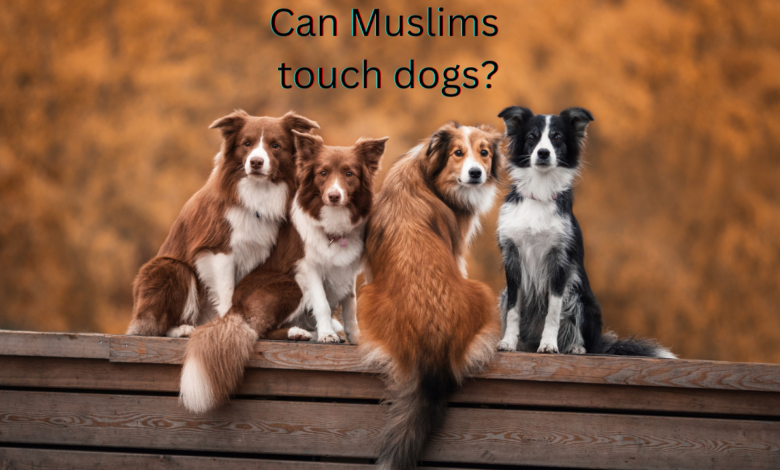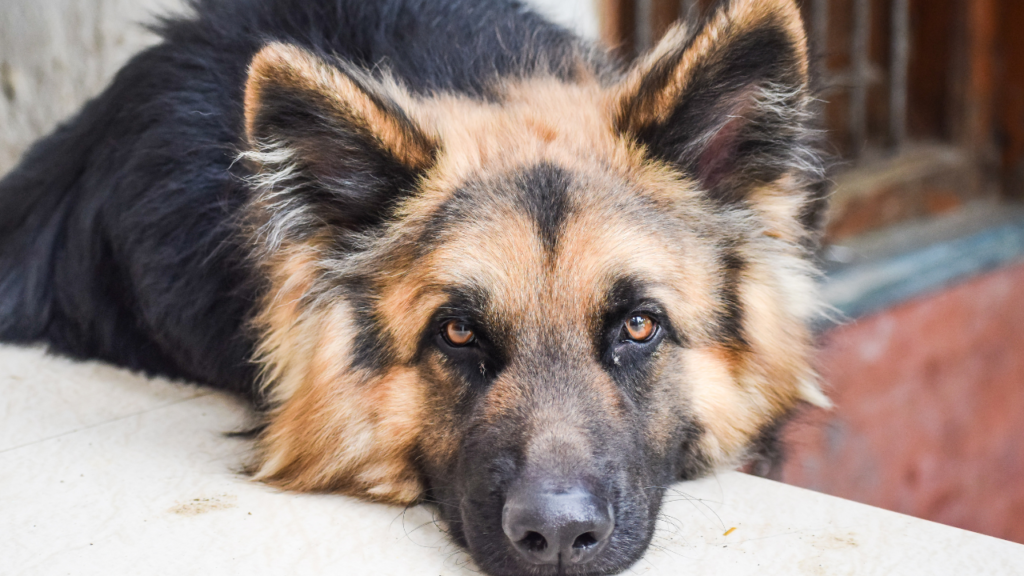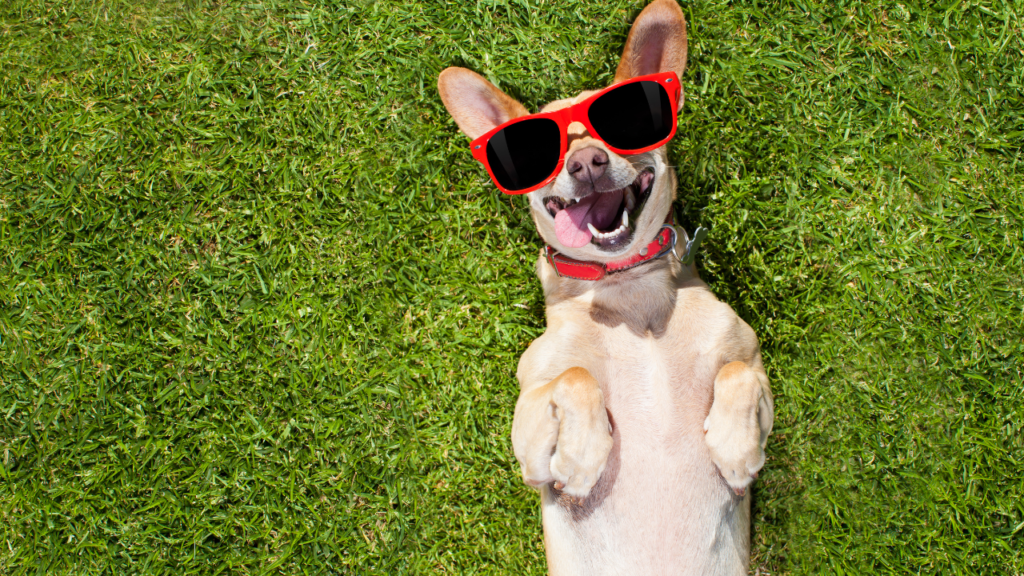
Can Muslims touch dogs?
In Islamic jurisprudence, touching dogs is generally discouraged due to their impurity (najasa). However, there are exceptions, such as for working dogs and those used for specific purposes. The level of permissibility can vary among different Islamic scholars and schools of thought.

Introduction
In Islam, adherents are encouraged to seek knowledge and understanding of various aspects of their faith, including matters related to daily life. One question that often arises is whether Muslims can touch dogs. Dogs hold a special place in many cultures and societies, including Islamic ones, and understanding the teachings regarding interactions with dogs is important. This article aims to shed light on the subject and provide a comprehensive perspective on the issue.
The Historical Perspective
In the history of Islam, dogs have been portrayed in various contexts. They have been valued for their utility, such as in hunting, guarding, and herding. In some Hadiths (sayings and actions of the Prophet Muhammad), dogs are mentioned in positive contexts, including the story of a man who quenched his thirst by providing water to a thirsty dog, earning the pleasure of Allah.
On the other hand, there are also Hadiths that caution against excessive contact with dogs, associating it with spiritual impurity. These Hadiths are often cited when discussing whether Muslims can touch dogs.
Theological Perspectives
The question of whether Muslims can touch dogs centers on the issue of ritual purity (tahara) in Islamic jurisprudence (fiqh). There are varying opinions among Islamic scholars regarding this matter.
- Majority Opinion: The majority of Islamic scholars maintain that dogs are not inherently impure, but their saliva is considered impure. As a result, physical contact with a dog’s saliva can potentially nullify one’s ritual ablution (wudu), which is required before performing certain acts of worship, such as prayer. However, simple contact with a dog, its fur, or its body does not break wudu.
- Minority Opinion: Some scholars, particularly in the Hanafi school of thought, argue that dogs are not inherently impure, and even their saliva does not make a person ritually impure. They argue that these views are based on cultural contexts and may not necessarily apply in today’s world where dogs are often kept as pets.
Also Check
- What is the difference between Islam and Muslim?
- Why Indonesia is Muslim?
- What surah to read after Fajr?
- Is life insurance Halal in Islam?
- Why do Muslim Women cover their hair?

Practical Implications
Given the differing opinions among scholars, it is essential for individual Muslims to exercise personal judgment while respecting their chosen school of thought. Here are some practical considerations:
- Purity Rituals: If a Muslim is concerned about ritual purity (tahara), they should avoid contact with a dog’s saliva and ensure they perform ablution if they come into contact with it.
- Companionship: Islam does not prohibit keeping dogs as pets, but it encourages responsible ownership. Muslims should ensure that their dogs are clean and well cared for.
- Working Dogs: Dogs used for hunting, guarding, or herding are allowed, and their contact does not break wudu.
- Acts of Kindness: Muslims are encouraged to show kindness to animals, including dogs. The story of the man who provided water to a thirsty dog is a powerful reminder of this principle.
Conclusion
The question of whether Muslims can touch dogs involves varying interpretations and opinions within Islamic jurisprudence. While some scholars advise caution due to the potential ritual impurity associated with a dog’s saliva, others argue for a more lenient approach. Ultimately, Muslims should be mindful of their own school of thought, exercise personal judgment, and ensure they prioritize kindness and compassion toward all creatures, in line with the broader principles of Islam. Understanding and respecting differing perspectives on this issue is crucial for a harmonious and diverse Muslim community.

(FAQs) About Muslims Touching Dogs:
Is it permissible for Muslims to touch dogs in Islam?
In Islamic jurisprudence, touching dogs is generally discouraged due to their impurity (najasa). However, there are exceptions, such as for working dogs and those used for specific purposes. The level of permissibility can vary among different Islamic scholars and schools of thought.
Why are dogs considered impure in Islam?
Dogs are considered impure in Islam due to certain Hadith (sayings and actions of the Prophet Muhammad) that caution against their contact. This is primarily based on concerns about ritual cleanliness and hygiene.
Under what circumstances can Muslims touch dogs without it being sinful?
Muslims can touch dogs under specific circumstances, such as for security, hunting, or as service animals for those with disabilities. In these cases, the necessity of the situation may outweigh the general prohibition.
What should Muslims do if they accidentally touch a dog?
If a Muslim unintentionally touches a dog, they should perform a ritual purification (wudu or ghusl) depending on the nature of the contact. It’s important to consult with a knowledgeable scholar or religious authority for guidance on the appropriate purification procedure.
Can Muslims keep dogs as pets?
No, keeping a dog at home is not advisable according to Islam
Are there any exceptions for dogs in dire need or distress?
Islam encourages compassion and kindness to animals. If a dog is in distress or dire need of assistance, a Muslim can provide help, including physical contact, to alleviate the situation without committing a sin.
What is the significance of ritual purity (taharah) in Islam?
Ritual purity is crucial in Islam for performing acts of worship (salat) and other religious duties. Avoiding impurity, including contact with dogs, helps maintain the state of ritual purity required for these acts.
How do different Islamic schools of thought differ in their views on touching dogs?
Different Islamic schools of thought, such as Hanafi, Shafi’i, Maliki, and Hanbali, may have varying opinions on touching dogs. It’s essential to consult scholars from one’s own school of thought or a knowledgeable religious authority for specific guidance.
Are there any alternatives for Muslims who want to interact with dogs without touching them?
Muslims who wish to interact with dogs without direct physical contact can consider using gloves or other protective barriers. This way, they can still engage with dogs while minimizing direct skin-to-skin contact.
Can Muslims raise or train dogs for specific purposes, such as therapy or search and rescue?
Raising and training dogs for specific, beneficial purposes like therapy or search and rescue may be permissible in Islam, as these purposes can outweigh the general prohibition on touching dogs. However, it’s crucial to consult with a knowledgeable scholar or religious authority to ensure compliance with Islamic principles.






